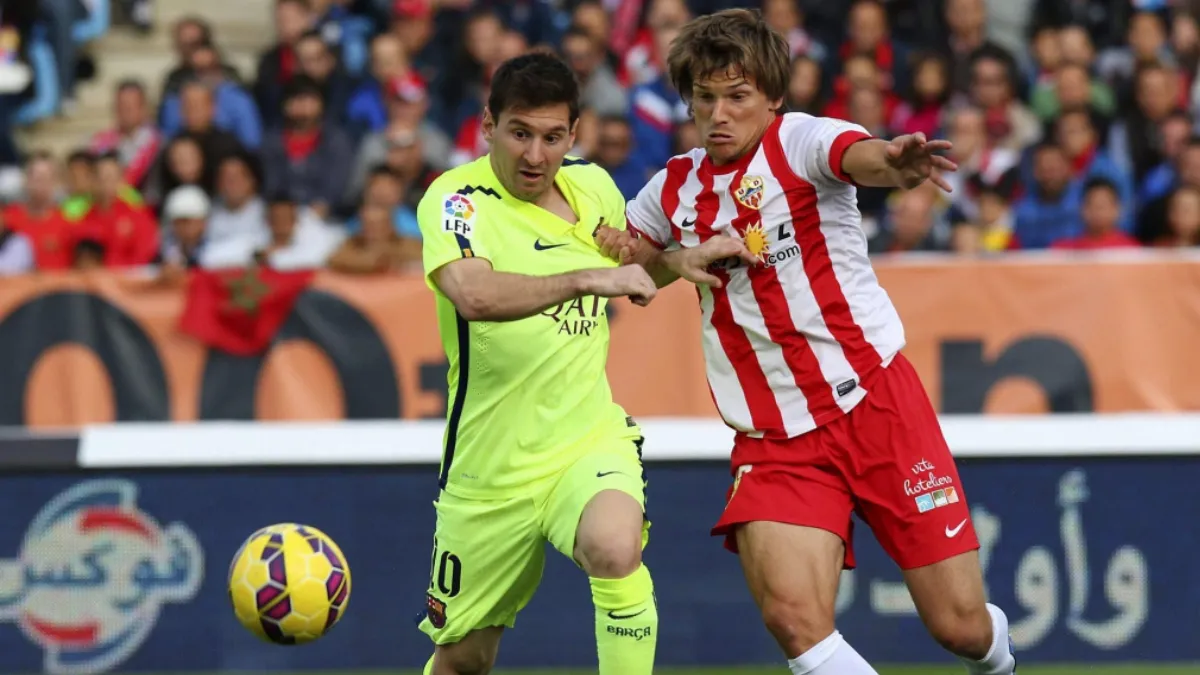The Controversy surrounding Olympic boxer Imane Khelif has sparked an intense debate about the values of Olympism and equality in sport. This case tests the limits of excellence, friendship and respect that the Olympic Games defend. International Olympic CommitteeIs the world of sport prepared to face these new challenges without losing its essence?
I am amazed at the debate that has been opened with the Olympic boxer Imane Khelif. The news in the world of sport has focused on this topic and, as a sports journalist, I find it interesting to make a small analysis.
First of all, it should be noted that in Algeria it is illegal to change gender, that is to say that it is understood that one is and was born a woman. However, Genetically, he has high levels of testosterone and his condition occurs in one in every hundred thousand people. That is to say, for him to compete with someone who has this condition in 100% equality, the possibilities are quite slim if we also consider that boxing is by weight category.
On the other hand, the International Olympic Committeemeasures the testosterone levels of competitors to prevent doping from generating a sporting advantage. It is the same as ephedrine, which we Argentines remember so much, a bronchodilator or any substance that improves the conditions of a competitor and allows them to gain an advantage during a competition.
That said, and understanding the values of Olympism (not only as a journalist but also having been part of the Olympic Academy organised by the Argentine Olympic Committee) I think it is interesting to explore these cases.
While the IOC issued a statement that begins with the prose “Every person has the right to practice sports without discrimination”with which we can all agree and there is a mechanism (anti-doping) to verify testosterone levels, I am going one step further and thinking about the future of sport.
When I graduated as a sports journalist in 2008, we did not have a gender law (it was passed in 2012). However, ten years later, the 2022 National Census showed that in the country we have a population of 196,956 people who do not identify with the sex registered at birth, which represents 0.4% of the total population.
We have a population where 72,510 people identified themselves as trans men 60,679 as trans women or transvestites37,330 as non-binary people and 26,437 chose the option “other or none of the above.” While statistically, the number may seem low, I wonder: How long before we see a case in our national competitions with some similarity to the Algerian one at the Olympic Games?
I don’t know exactly where this situation will lead or if we will see a repeated scene when we see Lin Yu-tingthe Taiwanese transgender boxer. What I can say is that we have to reflect because the values of the Olympics are excellence, friendship and respect. The fact that Khelif did not greet her Italian rival Angela Carini at the end, probably because of the helplessness she felt, is proof that something is not right even though the Algerian is a woman.
It is worth noting that both Khelif and Yu-Ting did not pass the gender eligibility tests at other world championships held in 2023 but are participating in the Paris Olympicssince the International Olympic Committee recognized them as women. So we will also have to evaluate how to equalize sports conditions with gender identity in sport, above all, so that no one takes advantage or gets hurt.
Source: Ambito
David William is a talented author who has made a name for himself in the world of writing. He is a professional author who writes on a wide range of topics, from general interest to opinion news. David is currently working as a writer at 24 hours worlds where he brings his unique perspective and in-depth research to his articles, making them both informative and engaging.




